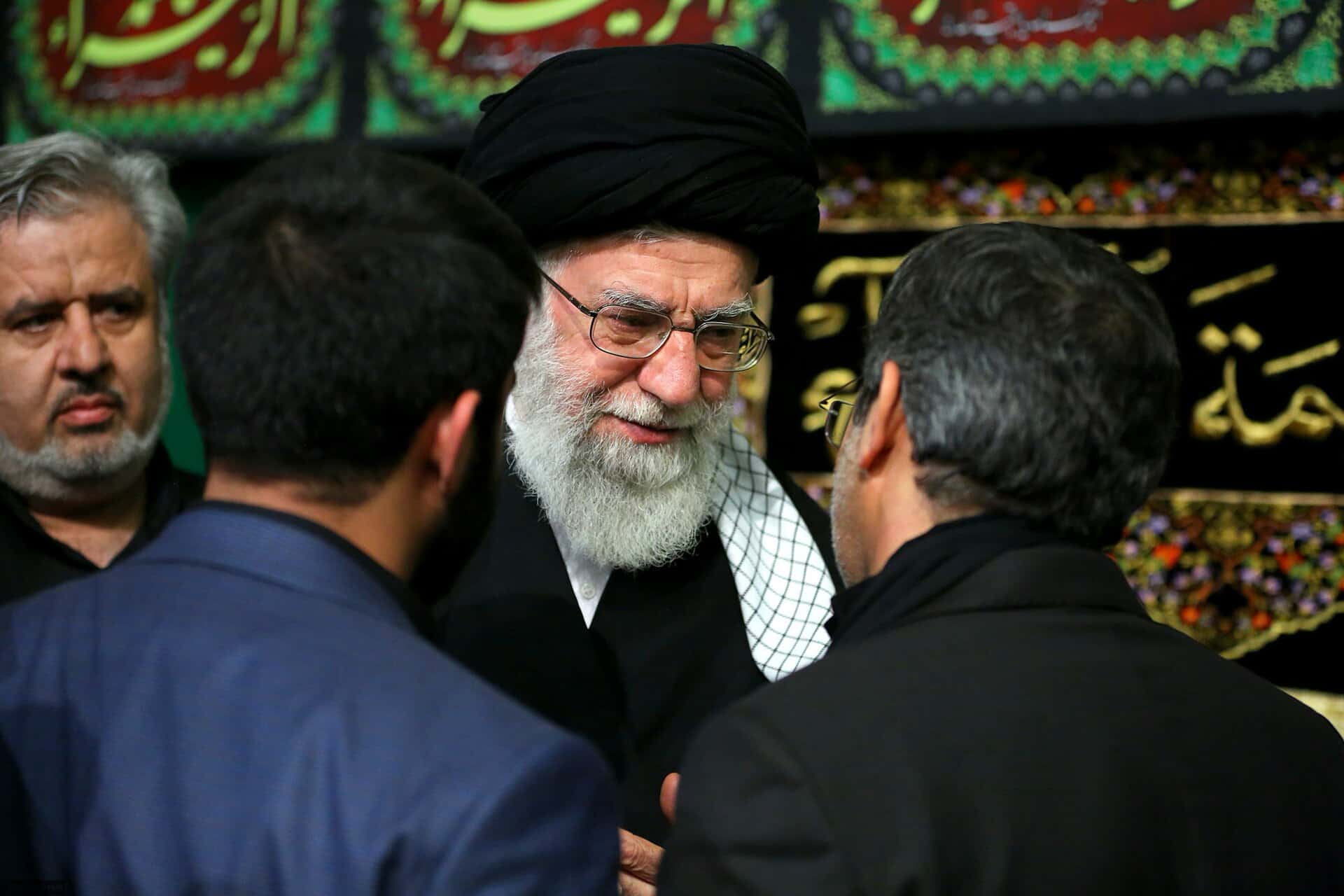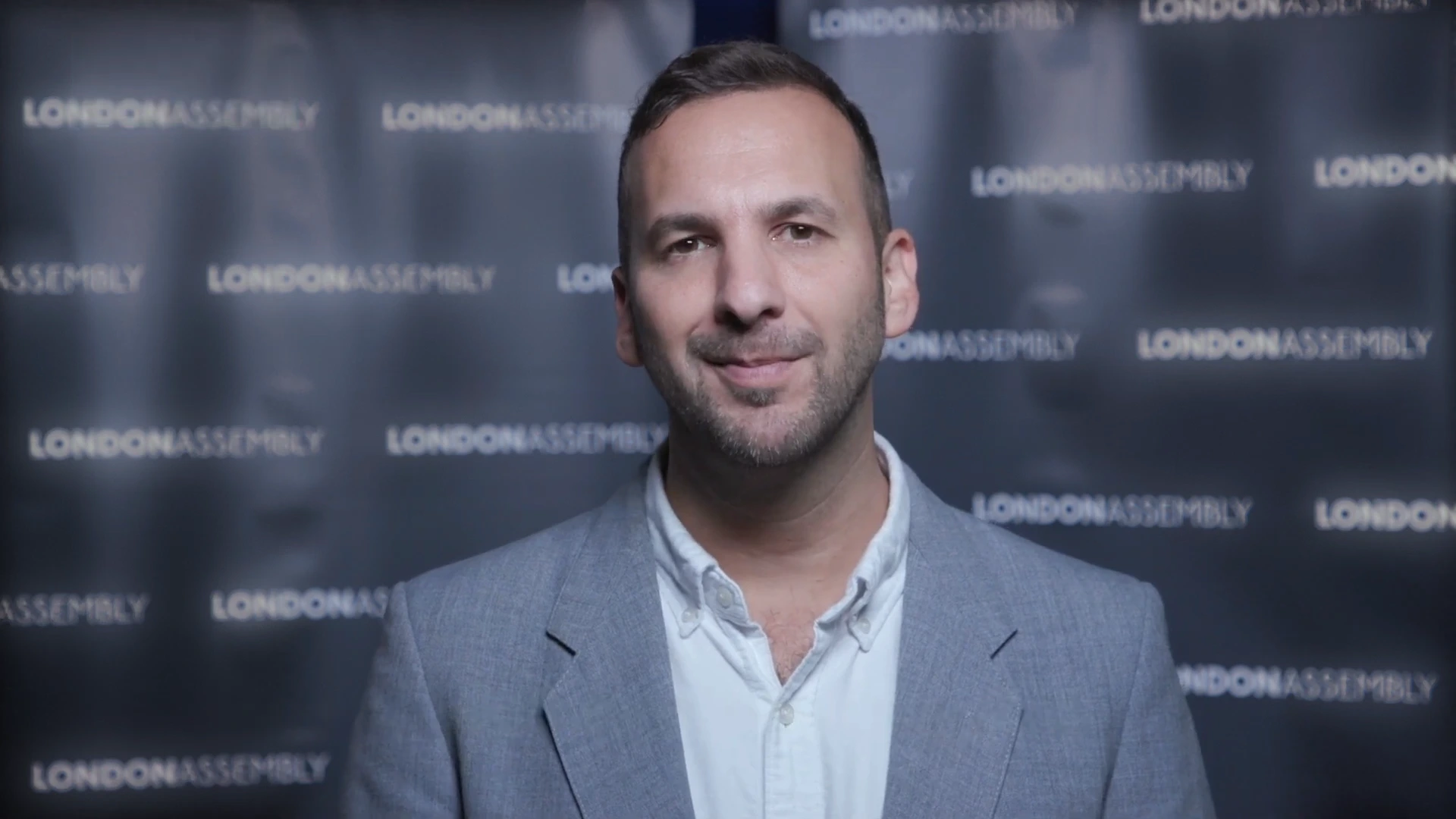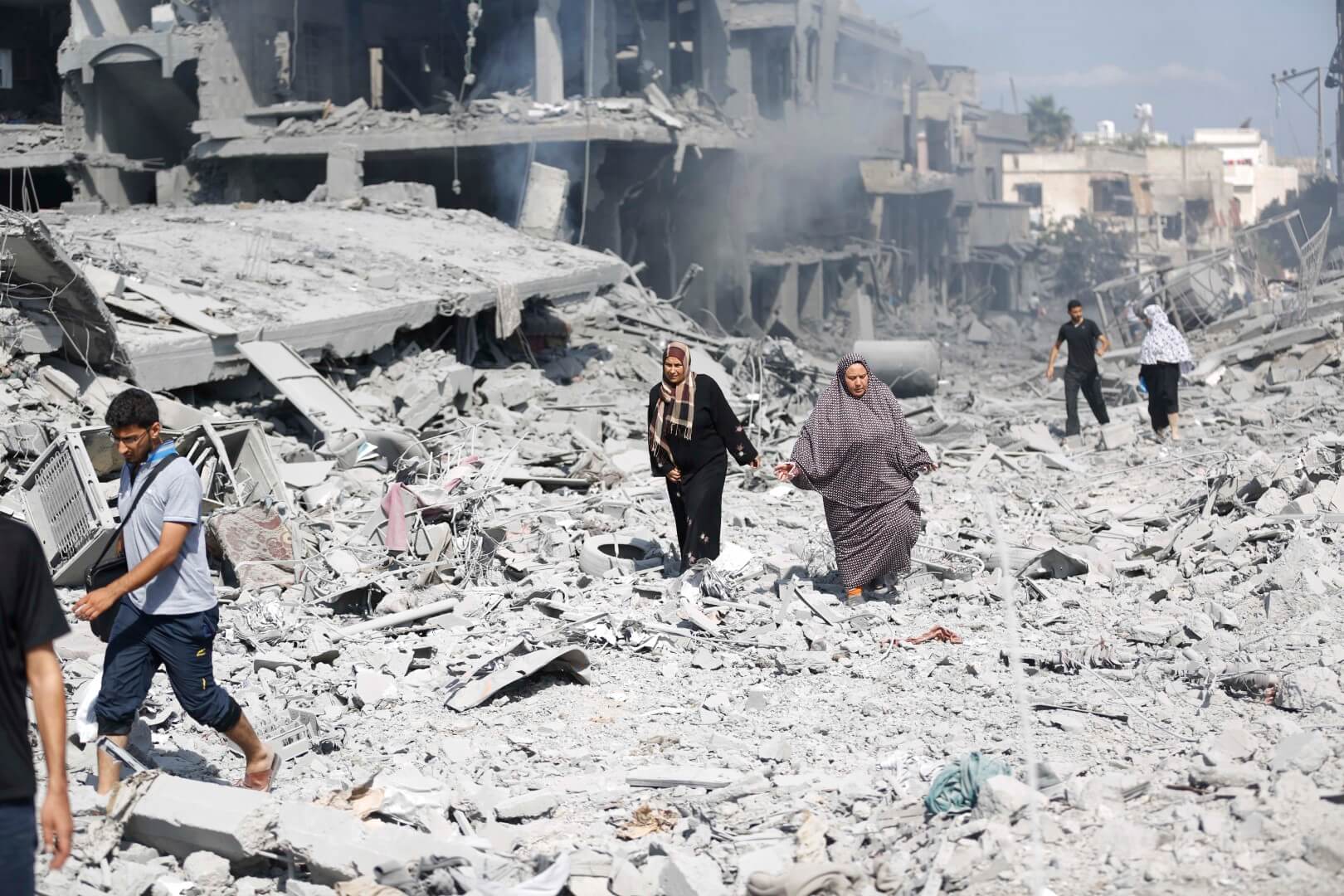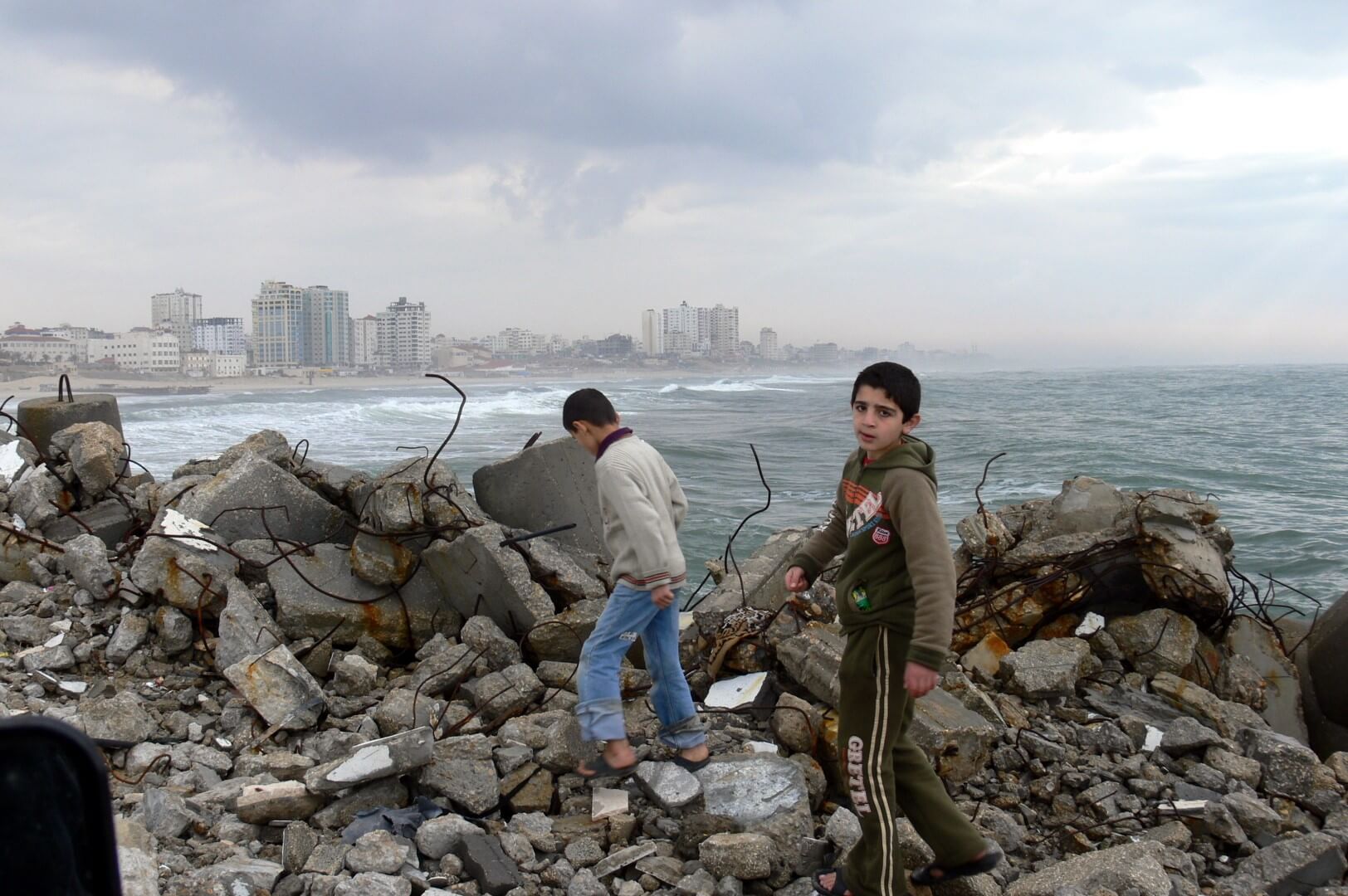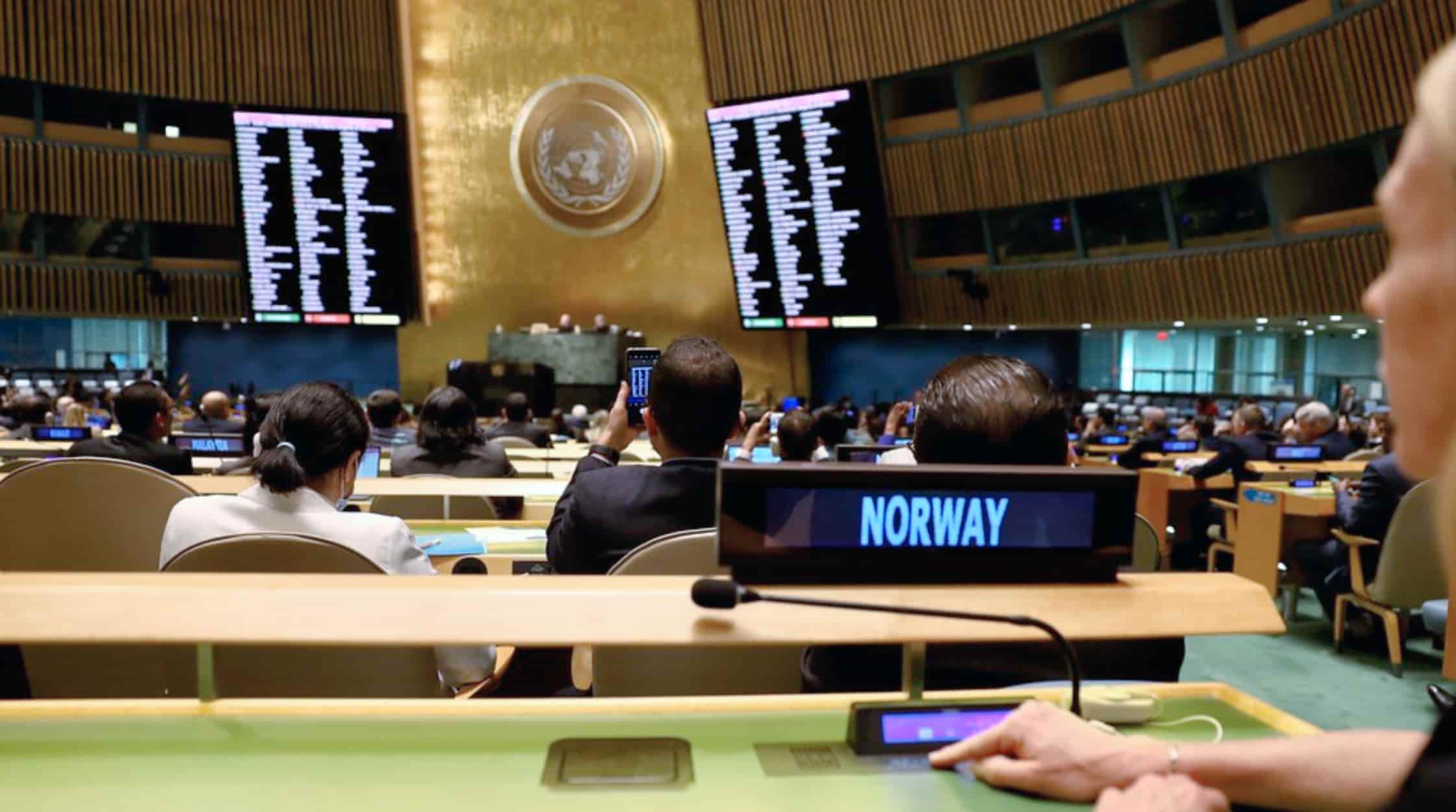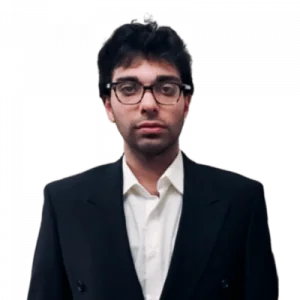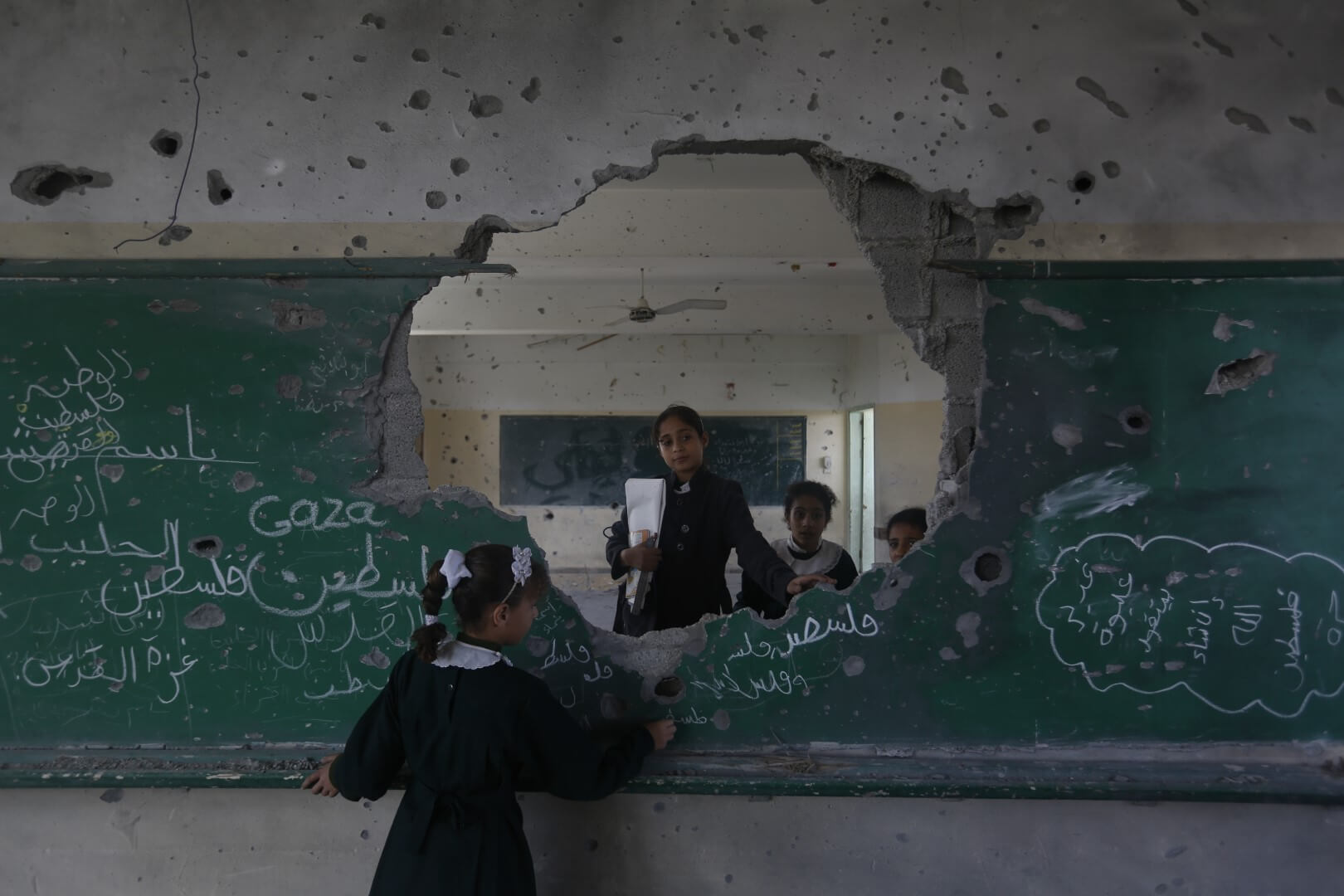Bombing Civilian Areas & Killing Children is Wrong. Even for Revenge, Especially for Revenge
Two wrongs don't make a right, particularly when the price is measured in the lives of children and the fabric of communities torn asunder.
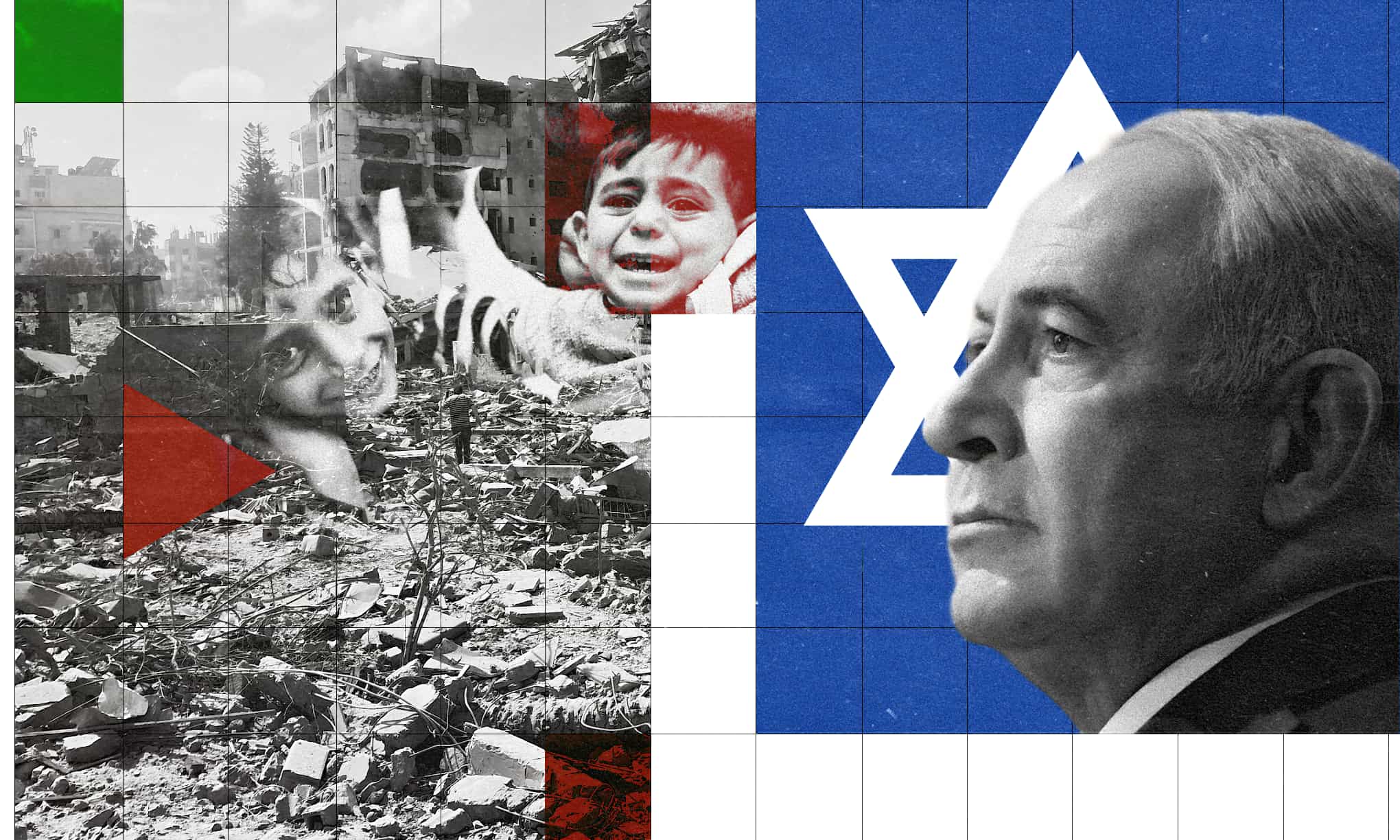
Grief and fury brew a potent concoction for vengeance in the hearts of those who have lost all. The cycle of violence spirals, each rotation taking it to a ghastly new level. Israeli officials, under the banner of ‘self-defence’, have adopted a scorched earth policy towards Gaza. Yet, the international community’s reaction often diverges sharply into one of two markedly distinct viewpoints: unflinching support for Israel and utter condemnation for Hamas, or justifying Hamas’s targeted killings as acts of legitimate resistance.
As a result, the plight of Palestinians finds itself lost in this polarised game. The attack on Israel did not come out of the blue. The relentless expansion of illegal settlements, along with treating Gaza as an open-air prison and Palestinians as second-class citizens, set against a backdrop of Netanyahu’s aversion to any negotiated peace process, has stoked the smouldering fire.
This is not to underestimate Israeli grievances. With Hamas’s butchering of 1,400 people and the taking of another 220 as hostages, the nation’s ire is understandable. However, what is intolerable, is the eye-for-an-eye approach that has left Palestinian civilian areas decimated, with nearly half of the 5,700 Palestinian deaths being children (as of publishing, see this link for live figures). Two wrongs have never made a right in the annals of history, and they certainly do not now.
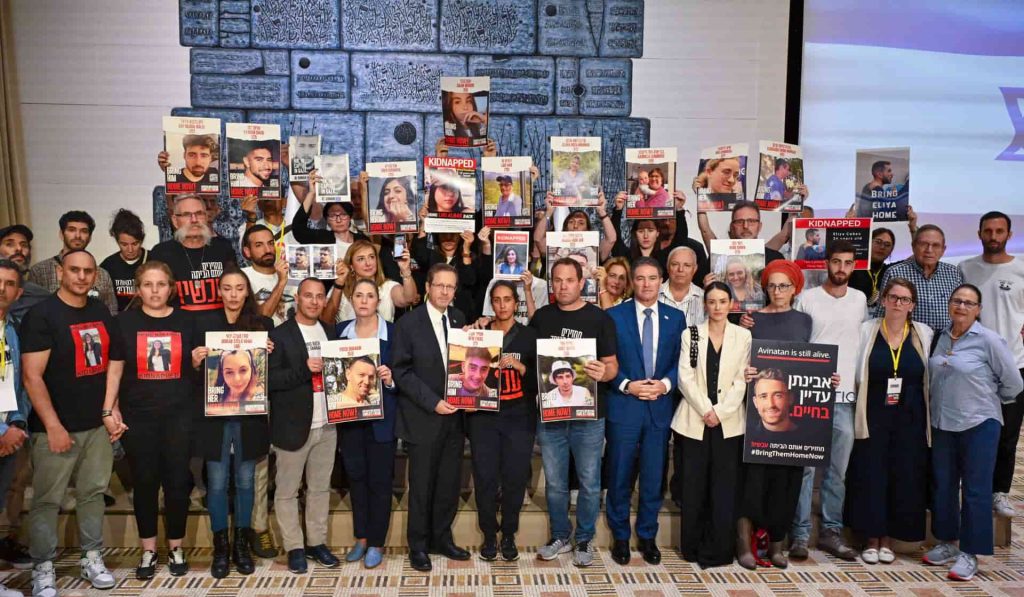
The Israeli politician meets with the families of captives taken by Hamas on 22 October 2023. Photo: Kobi Gideon/GPO Israel © CC BY-SA 3.0
The underbelly of this conflict has long been an ‘occupation’—a word as heavy as the history it carries. With 56 years of Palestinian subjugation, one can’t ignore the hothouse that has nurtured Hamas. Simply put, Hamas is a reaction to Israel’s far-right government and its illegal occupation and merciless killings of Palestinians.
The bombing of more Palestinians and further invasion of their land will not erase Hamas; it’s a stubborn root that won’t be easily dug out. Addressing this root necessitates a look inward for Israel. The nation’s existential threat is not only external but also comes from within, born of its own failure to grant Palestinians meaningful statehood or economic and political parity.
This internal threat is not isolated from the global community. Amidst this, the West continues to play a dangerous double game—fuelling a conflict it then attempts to douse. Such a dual role demands scrutiny. Support for Israel in the face of anti-Semitic attacks from the likes of Iran should continue, but it must be laced with ethical imperatives. Israel cannot enjoy the support of the West as long as the walls of an ‘apartheid state’ are not torn down.
And the reason for all this is clear. No child born today should inherit this grievance as a legacy. In a landscape punctuated by the whir of drones and the blast of bombs, we must hope, and strive, for a future that neither perpetuates violence nor sanctions it.


